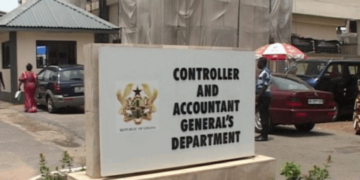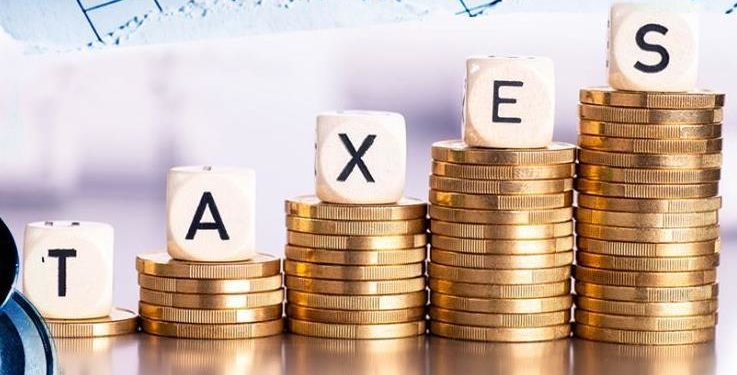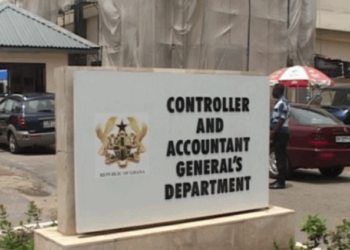The Finance Minister presented a bleak picture of the income mobilization obstacles Ghana must overcome in order to become a self-sufficient economy.
Less than 10% of Ghana’s 30.8 million people pay direct taxes, which Ken Ofori-Atta describes as a “poor reflection” on the country in comparison to other middle-income countries.
“Only 2,364,348 are bearing the burden of the entire population as taxpayers as of August 2021,” he outlined in his budget presentation in Parliament on Wednesday.
The 2021 Population and Housing Census provided the basis for this number.
The Minister contrasted this statistic with the 17 million registered voter population, which indicates the number of Ghanaians aged 18 and above.
Mr. Ofori-Atta emphasized that this is a tendency that must be addressed in order to “build a more equitable society.”
In addition, the Minister said that just 45,109 entities are registered as corporate taxpayers.
According to the Minister, just 54,364 people are registered as self-employed taxpayers at the Ghana Revenue Authority, and only 136,198 entities are registered businesses at the Registrar-Department General’s as of August 2021, with 80 percent of them being self-employed.
According to the figures the Finance Minister presented, the Greater Accra Region contributes almost 90 percent of Ghana’s domestic tax as of June 2021.
The Greater Accra Region has contributed an average of 89 percent during the previous three years.
“The Ashanti, Western and Eastern regions together contribute barely to 3 percent of domestic taxes,” he added.
Mr. Ofori-Atta asked the government to make the commitment that “by the next census, we should have changed these statistics to become an Upper Middle-Income Country in line with our Ghana Beyond Aid agenda.”
“We must eclipse a 20% threshold of revenue to GDP ratio by 2024,” he noted as a target.
Mr. Ofori-Atta said earlier in the budget presentation that this would need “we share the burden so that every adult Ghanaian will contribute to the delivery of critical infrastructure, social services, and improve lives.”
“This revenue mobilization must be a collective effort, and we must all contribute to make this a reality,” he added.
Read Also: #GhBudget: MoMo and other electronic transactions will be subject to a 1.75 % levy
























